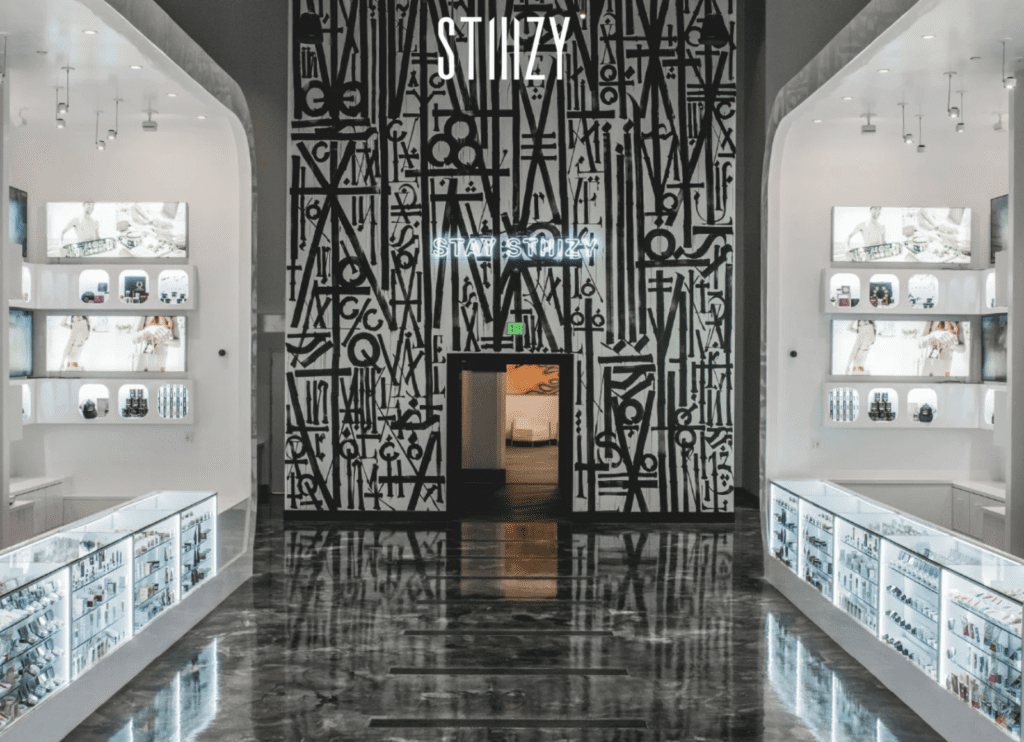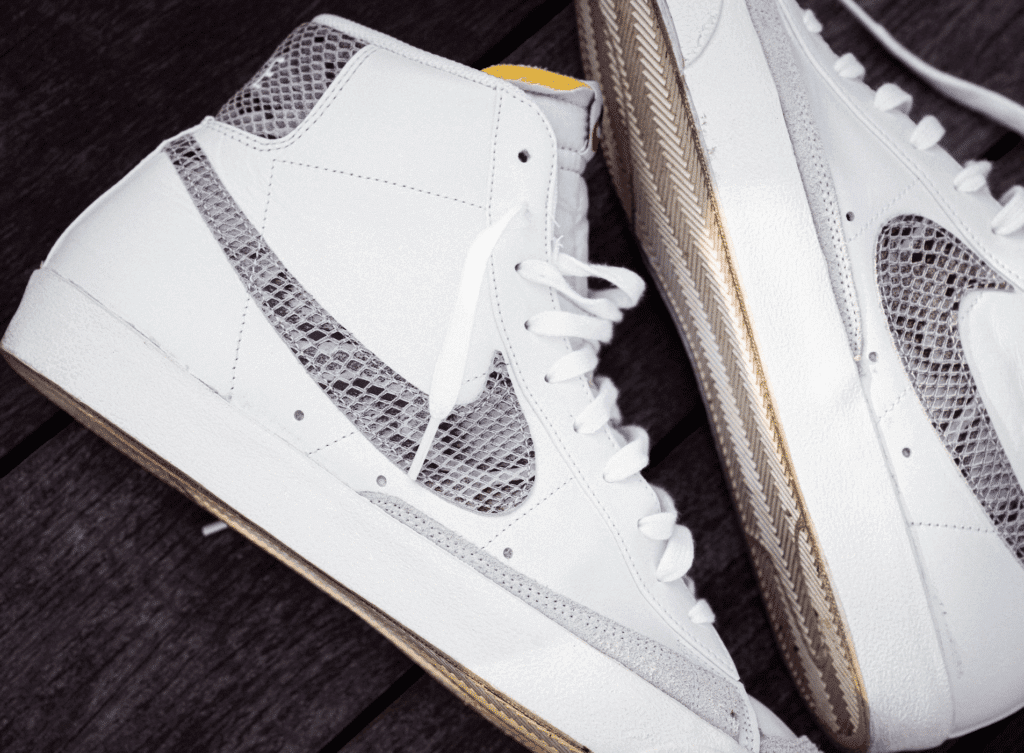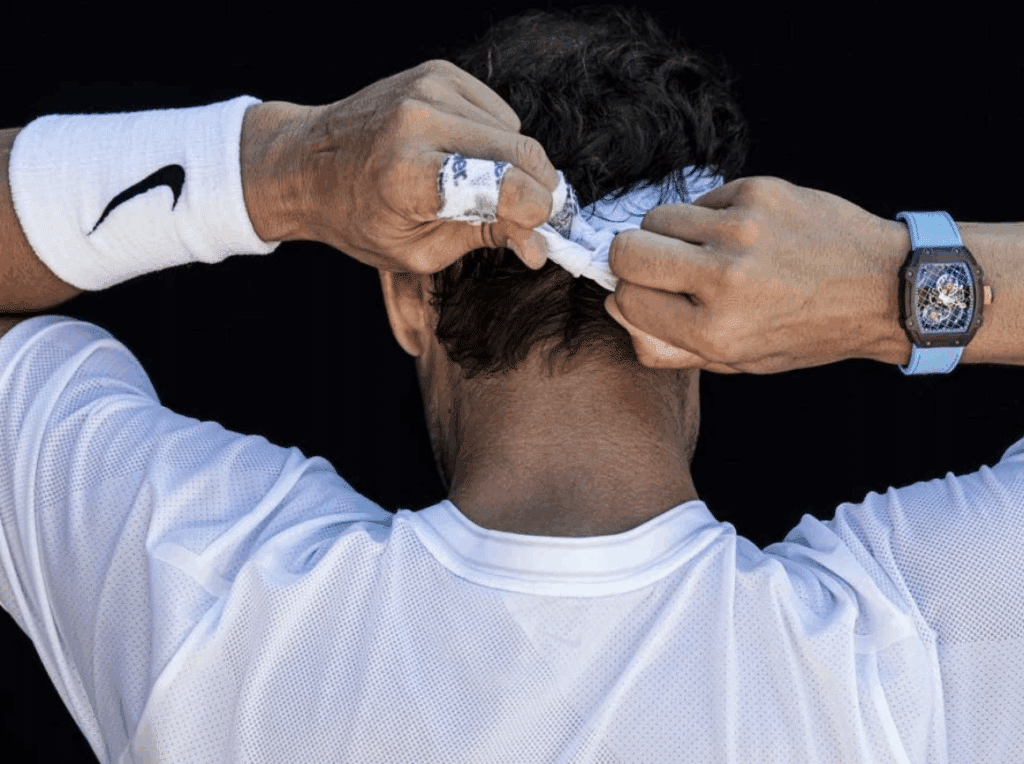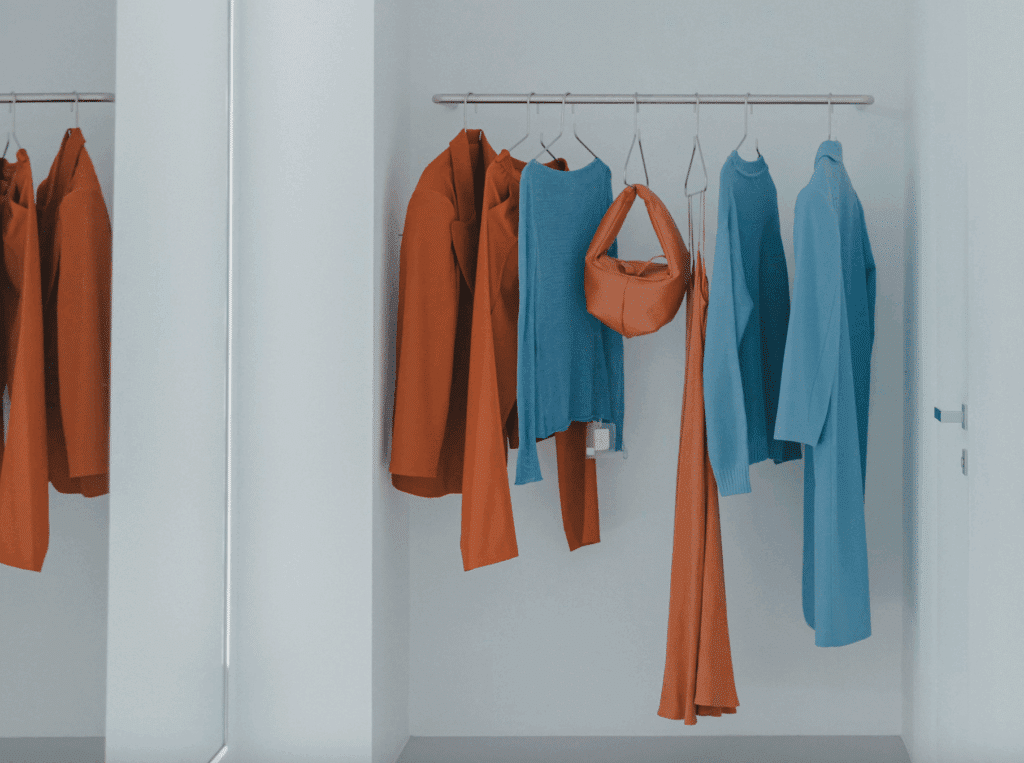An interesting new lawsuit pits a cannabis company that offers branded apparel against a sneaker and sock brand over their respective uses of trademarks that are allegedly likely to confuse consumers. According to the complaint that it lodged with a California federal court early this month, STIIIZY IP LLC claims that the similarly-named STZY LLC is on the hook for trademark infringement, false designation of origin, and unfair competition in connection with its use of “STZY” and “STZY NATION” branding on goods/services that are similar to those it offers up under its STIIIZY® and STIIIZYNATION® trademarks, including clothing, footwear, and accessories.
The facts make for a pretty straightforward trademark infringement matter: California-based STIIIZY IP LLC – which first began offering up apparel and footwear products under the STIIIZY name in 2017 – asserts that by using marks that are “nearly identical” to its own federally registered branding, Texas-headquartered STZY LLC is knowingly and willfully running afoul of federal and state trademark laws. Specifically, STIIIZY IP LLC claims that due to the similarity of the marks and the goods at issue, consumers are likely “to believe, erroneously, that [it] is the source of [STZY LLC’s] products” – namely, footwear and socks – and/or that it is affiliated with or has endorsed STZY LLC’s products..
With the foregoing in mind, STIIIZY IP LLC is seeking monetary damages, as well as injunctive relief to bar the defendant from using the “STZY” and “STZY NATION” marks to “sell, offer for sale, distribute, promote, market, advertise, and/or identify [its] products,” among other things.
Drop the Vowels
Given the relatively clear-cut nature of STIIIZY IP LLC’s claims (although, it seems to me that STZY LLC – both in name and aesthetic (see below) – is more inspired by Kanye’s Yeezy than any other brand), the interesting part comes not from the specific facts, themselves, but the bigger picture here, which is that a growing number of companies are adopting new brand names – or in some cases, adopting additional takes on existing brand names – that are devoid of vowels. Nike’s SNKRS app comes to mind, as does Valentino’s use of VLTN on shirts, bags, sneakers, etc., and in a non-fashion example, British asset manager Standard Life Aberdeen rebranded as ABRDN PLC a couple of years ago.
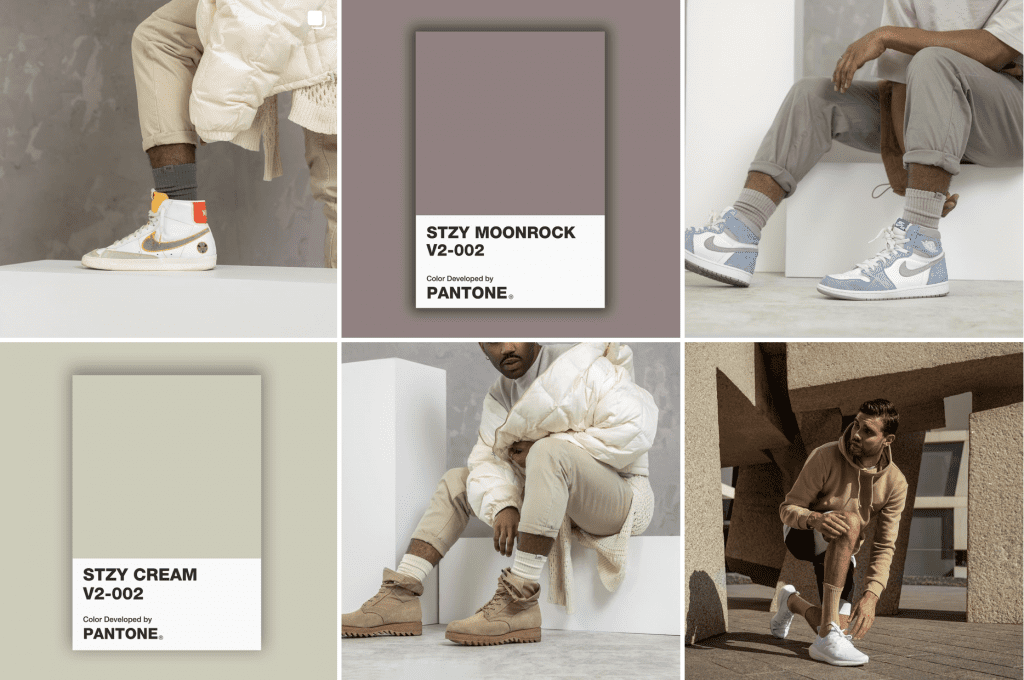
The impetus behind these branding efforts varies, of course, but in taking up such vowel-less monikers, brands may be able achieve a few things: they potentially stand to avoid running into confusingly similar trademarks that are already in use, which would likely prevent them from amassing trademark rights of their own. (That obviously is not the case for STZY LLC.) At the same time, and in an even more practical sense, the adoption of unused names – no matter how unconventional and/or devoid of vowels – provides brands with the chance to secure the valuable social media handles and domain names of their choice, which might otherwise be difficult to obtain since so many of these assets have already been claimed.
Such efforts may also make it so that brands can amass more expansive rights in their marks – or better yet, slight variations on their most well-known/widely-used marks – and then take action against a wider pool of infringers, including those that may be angling to sidestep infringement claims by altering the brands’ marks, such as by dropping vowels, but still getting the message across.
The case at hand seems to lend credence to the thinking of existing brands that have branched out and made additional use of their names in a vowel-less capacity, potentially in an offensive move to get ahead of – and ultimately, block – others that may be tempted to do so. Vetements, for instance, launched a sister project called VTMNTS, which has avoided a lot of the trademark registration difficulties experienced by the main brand when it comes to use of the name on apparel. (More about that here.) Similarly, several years ago, Chanel started using – and has amassed trademark rights and at least one trademark registration in the U.S. for – “CHNL” on footwear.
Still yet, Burberry – which trades on the London Stock Exchange under the BRBY ticker – filed an application for registration with the U.S. Patent and Trademark Office last year for BRBY for use on apparel and leather goods. It is worth noting that Burberry’s application caught the attention of Barbie-maker Mattel, which has until later this week to file an opposition with the Trademark Trial and Appeal Board on the heels of securing a handful of extensions.
THE BOTTOM LINE: While dropping vowels to craft new trademarks can bring benefits, as the case at hand and a potential clash between Burberry and Mattel indicate, such branding efforts do not necessarily come without complications.
The case is STIIZY IP LLC v. STZY LLC, 2:23-cv-04278 (C.D. Cal.)
Updated
September 6, 2023
The plaintiff lodged a motion to voluntarily dismiss the case.







